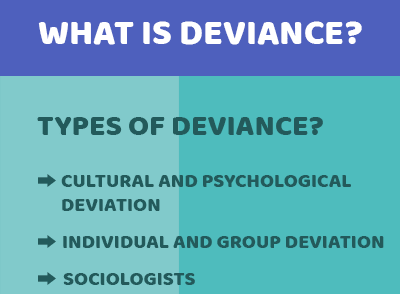Explain what is meant by preferential marriage.
Preferential Marriage:
Rules prohibiting certain persons as spouses may be accompanied by rules designating others as particularly appropriate. If it is the rule-no matter whether it is sometimes broken that a man ought to marry a person in a particular category of persons, this is called a preferred or preferential marriage. Some small cultures scattered around the world have what social scientists call preferential marriage. In this system, the bride or groom is supposed to marry a particular kind of person for example, a cousin on the mother’s or father’s side of the family.
Marriage is part of a society’s kinship system, which defines the bonds and linkages between people. The kinship system also dictates who may or may not marry depending on those bonds.
One rule shared by virtually all societies is the taboo (social prohibition) against incest-sexual relations between two closely related individuals. Definitions of which relationships are close enough to trigger this taboo vary a great deal, depending on the society. In most cases the prohibition applies to relationships within the biological nuclear family: mother and son, father and daughter, or brother and sister. In many cultures, the taboo applies to relationships created by divorce and remarriage (step relationships) as well as to those based on biology.
The prohibitions on incest and the rules for marriage do not necessarily coincide. In Britain, for example, step relatives are not allowed to marry one another, but sexual relations between them are not legally forbidden. A few societies constitute exceptions to the general rule against incest. In ancient Egypt brother-sister marriage and sexual intimacy was permitted in the royal family, probably to maintain the “purity” of the royal bloodlines.
Historically parents have played a major role in choosing marriage partners for their children, and the custom continues in the world’s developing countries today. Parental influence is greatest when the parents have a large stake in whom their child marries.
Traditionally, marriage has been regarded as an alliance between two families, rather than just between the two individuals. The most extreme form of parental influence is an arranged marriage in which the bride and groom have no say at all. In some upper-caste Hindu marriages, children are betrothed at a very young age and have no voice in the decision. In a less extreme form of arranged marriage, parents may do the matchmaking, but the young people can veto the choice.
In many traditional societies, marriage typically involved transfers of property from the parents to their marrying children or from one set of parents to the other.
These customs persist in some places today and are part of the tradition of arranged marriages. For example, in some cultures the bride’s parents may give property (known as a dowry) to the new couple. The practice of giving dowries has been common in countries such as Greece, Egypt, India, and China from ancient times until the present. It was also typical in European societies in the past. Although the giving of dowries has been part of the norms of marriage in these cultures, often only those people with property could afford to give a dowry to the young couple.



